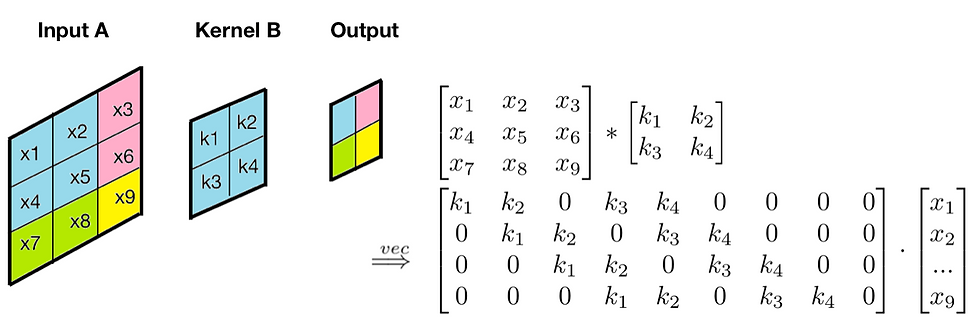A Survey on Hardware Vulnerability Analysis using Machine Learning, IEEE Access (Access), 2022.
- Jaden Pan

- Dec 13, 2020
- 1 min read
Updated: May 20, 2022
Zhixin Pan and Prabhat Mishra, A Survey on Hardware Vulnerability Analysis using Machine Learning, IEEE Access (Access), 2022.
Electronic systems rely on efficient hardware, popularly known as system-on-chip (SoC), to support its core functionalities. A typical SoC consists of diverse components gathered from third-party vendors to reduce SoC design cost and meet time-to-market constraints. Unfortunately, the participation of third-party companies in global supply chain introduces potential security vulnerabilities. There is a critical need to efficiently detect and mitigate hardware vulnerabilities. Machine learning has been successfully used in hardware security verification as well as development of effective countermeasures.
There are recent surveys on hardware Trojan detection using machine learning. To the best of our knowledge, there are no comprehensive surveys on utilization of machine learning techniques for detection and mitigation of a wide variety of hardware vulnerabilities including malicious implants (e.g., hardware Trojans), side-channel leakage, reverse engineering, and supply-chain vulnerabilities (e.g., counterfeiting, overbuilding and recycling).
In this paper, we provide a comprehensive survey of hardware vulnerability analysis using machine learning techniques. Specifically, we discuss how existing approaches effectively utilize machine learning algorithms for hardware security verification using simulation-based validation, formal verification as well as side-channel analysis.

https://ieeexplore.ieee.org/document/9770796




Comments